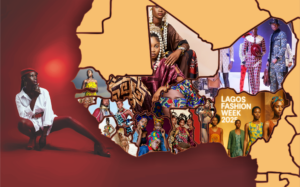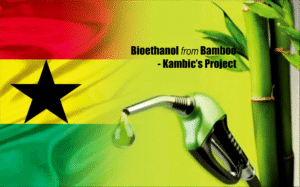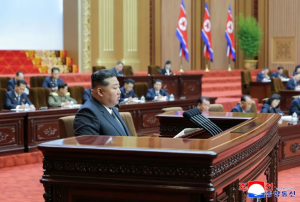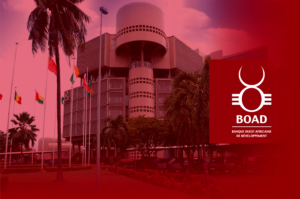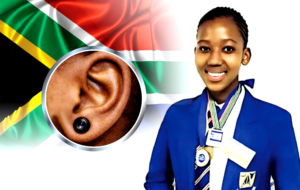Angola and Cape Verde to Portugal: Return Our Stolen Heritage
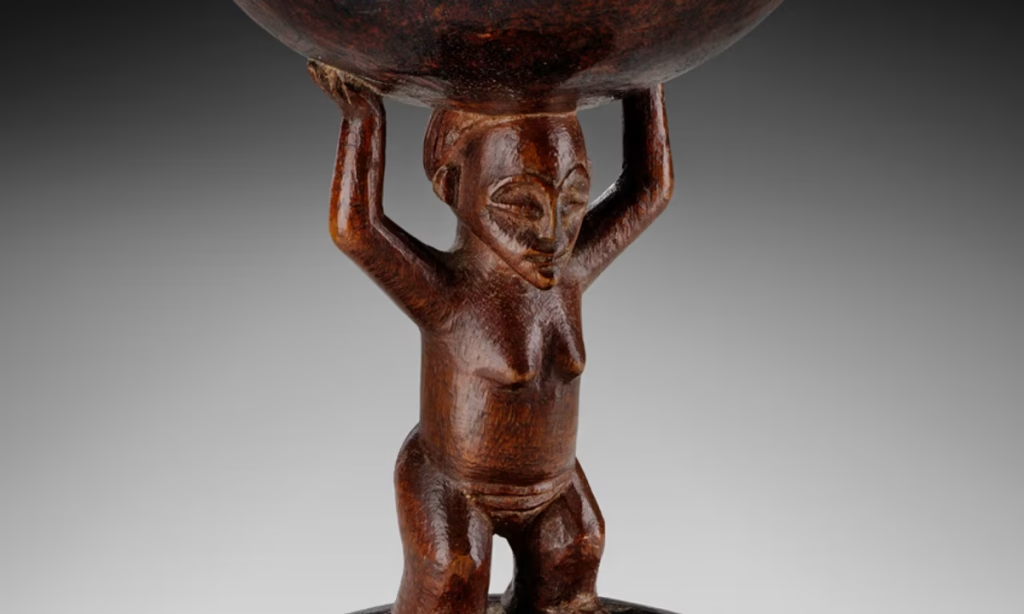
🎭 What’s at Stake?
The poll, conducted across Angola, Cape Verde, and Portugal, shows a clear desire for justice through restitution.
- 58% of Angolans want sacred masks, sculptures, and cultural treasures returned.
- 63% of Cape Verdeans agree.
These artefacts, often housed in European museums and private collections, represent centuries of identity and spirituality—now severed from their rightful communities.
“These aren’t just objects. They are echoes of ancestors, of stories lost in the voyage of empire.”
🧭 A Complicated History
From the 15th century until the mid-20th, Portugal’s empire stretched across Africa, Asia, and South America. Angola and Cape Verde, colonized for hundreds of years, were not only exploited for resources but also stripped of cultural heritage.
Thousands of artefacts were seized—some taken violently, others through coercive “agreements.”
The same poll shows that nearly 60% of Angolans and Cape Verdeans believe Portugal should apologize for its colonial crimes. In contrast, less than half of Portuguese respondents agree, revealing a deep rift in historical perspective.
🗿 Statues Stand, Apologies Wait
Interestingly, while many want artefacts returned, the majority across all three nations oppose tearing down colonial-era statues. For many, the statues are seen not as glorification, but reminders—signposts pointing to uncomfortable truths.
At the same time, there is growing support—58% in Portugal—for erecting a national memorial in Lisbon honoring victims of the transatlantic slave trade.
🧨 Politics and Pushback
Portugal’s political climate complicates matters. The far-right Chega party, now the country’s main opposition, opposes reparations and repatriation. This has stalled serious policy discussions, despite increasing international precedent for cultural restitution.
Meanwhile, African countries like Mozambique, Benin, Nigeria, and Ethiopia are pursuing the return of cultural treasures looted during colonial rule.
🌍 Why This Matters
This isn’t just about returning artefacts—it’s about healing. Cultural restitution is one step toward acknowledging past wrongs and empowering future generations.
For Angola and Cape Verde, it’s about reclaiming what was taken—not only art, but dignity, memory, and voice.


